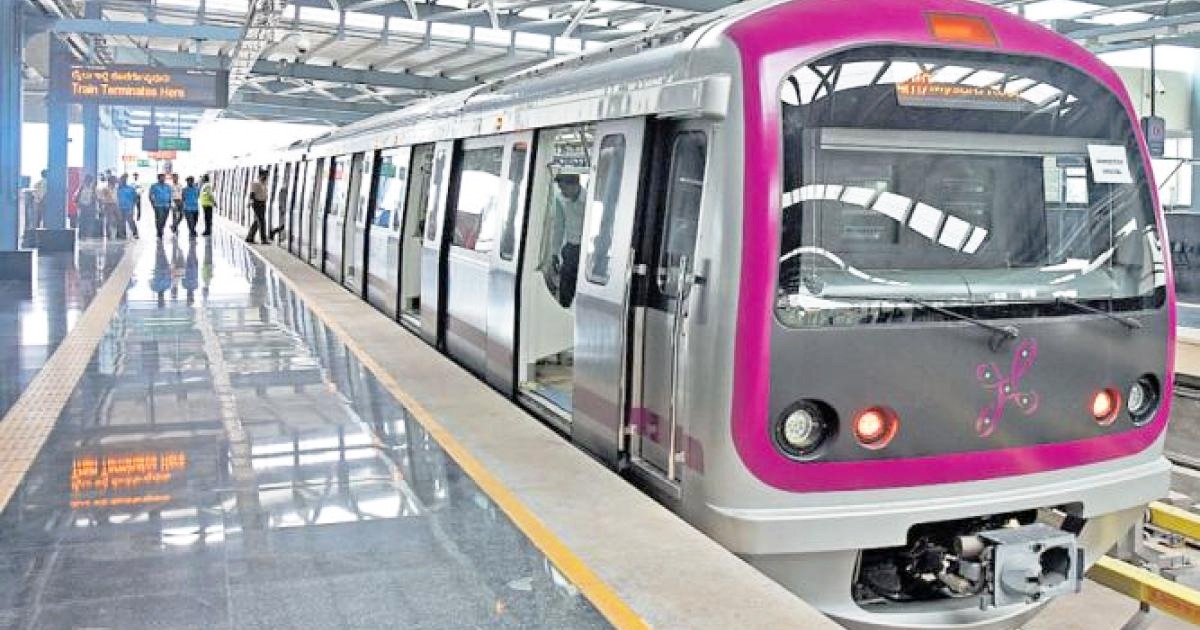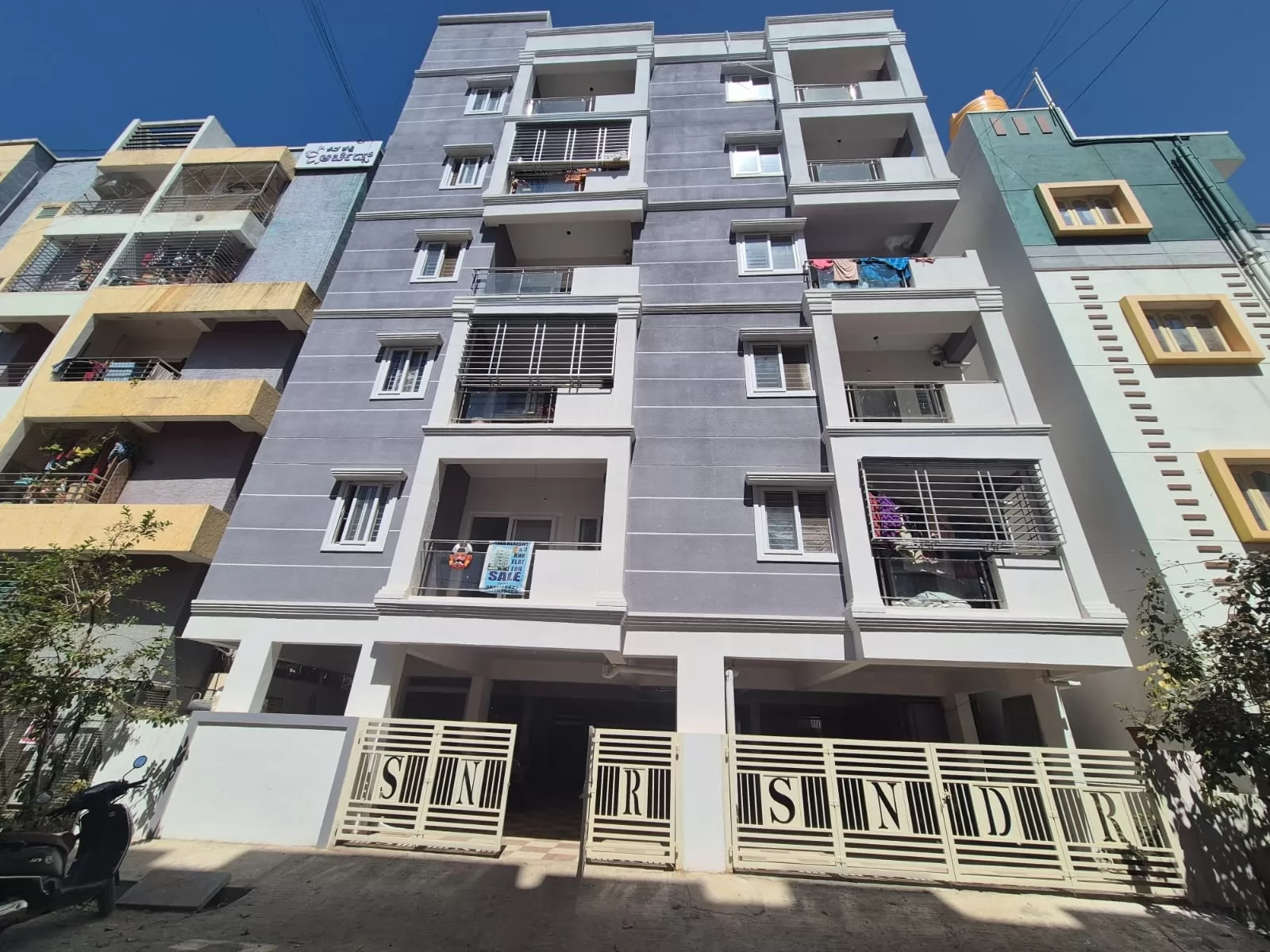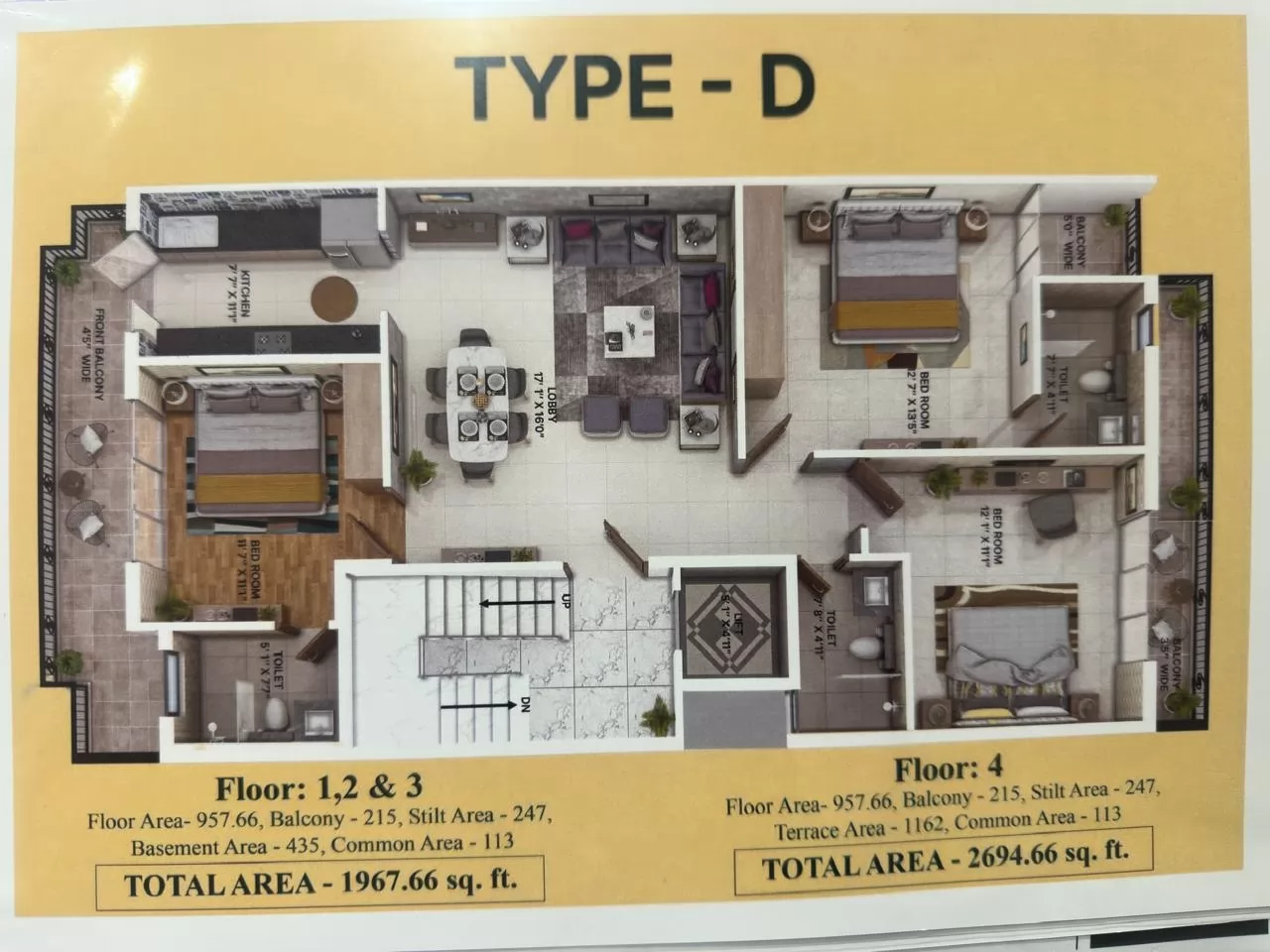Cabinet clearance of three metro projects in Maharashtra and Bengaluru is expected to boost to growth in the real estate sector
By Bricksnwall | 2024-08-17

New metro corridors in Bengaluru and Maharashtra are expected to accelerate the
growth of the housing, office, and retail markets.
On August 16, the Union
Cabinet approved three metro rail projects in Bangalore, Karnataka, and Thane
and Pune, Maharashtra, where assembly elections are scheduled for later this
year. According to experts, the approved metro projects in the two cities have
tremendous real estate growth potential for their respective cities in the long
run.
The Bangalore Metro Phase-3
project will cost ₹15,611 crore and include two corridors: JP Nagar to
Kempapura and Hoshahalli to Kadabagere.
The Thane Integral Ring
Metro, costing ₹12,200 crore, will connect the city's residential and
industrial regions and include interchanges for Mumbai Metro rail lines 4 and
5.
The Pune Metro would stretch
from Swargate to Katraj at a cost of 2,954.5 crore. It will give subterranean
connectivity to Market Yard, business and residential districts in Padmavati,
and Katraj, which includes residential neighbourhoods, a university campus, and
a zoo.
According to Vimal Nadar,
Senior Director and Head of Research at Colliers India, the recently approved
metro projects in Bengaluru, Pune, and Thane would increase suburban urban
mobility and have tremendous long-term real estate growth potential for their
respective cities. Value unlocking is predicted in the residential, commercial
office, and retail areas as metro drives organic and inorganic expansion.
Impact on the Bengaluru real
estate market
"The third phase of the
Bengaluru Metro proposes to connect the city's western outskirts to ORR and
significant secondary business district locations such as JP Nagar and
Bannerghatta Road. Apart from the obvious benefits to the industrial and
warehousing sectors in Western Bengaluru and commercial real estate in IT areas
along the ORR, real estate investors should benefit from significant property
price growth once metro construction work begins," he said.
Impact on the Thane and Pune
real estate markets
The Thane integral ring
metro rail project is projected to greatly improve connectivity in Thane by
connecting key residential and business areas such as Navpada, Wagle Estate,
Hiranandani Estate, and Kolshet.
It will make travelling
easier because the metro would serve as an efficient internal mode of transit,
relieving traffic congestion in numerous Thane locales.. This metro network
will operate as a stimulus in the growth of established residential and office
markets, therefore increasing capital values and rentals over time," he
said.
The extension of the Pune
Phase 1 project will also aid in increased connectivity, hence improving total
urban infrastructure in Pune.
According to Ritesh Mehta,
Senior Director and Head (North and West), residential services and developer
initiative, JLL India, Cabinet clearance for the Metro expansion from
Hiranandani estate to Naupada will provide respite to at least 1 million daily
commuters once it is completed. Thane has seen substantial infrastructural
development in recent years and has been identified as one of the smart cities
for development under the Smart Cities Mission.
"This approval further
testifies the government's growth vision for Thane which has emerged as one of
the hotspots for real estate investment and a sought-after housing destination
for people of Mumbai," revealed the minister.
Source: Hindustan
Times




